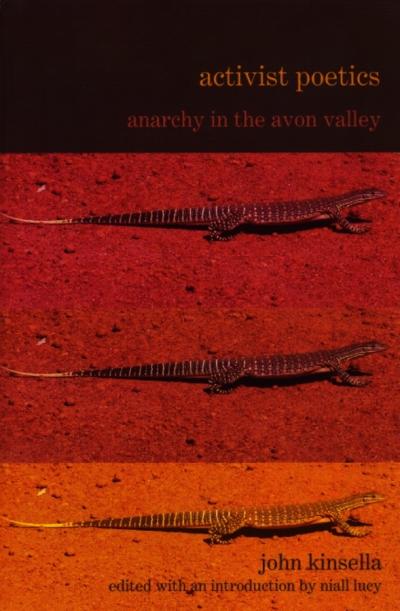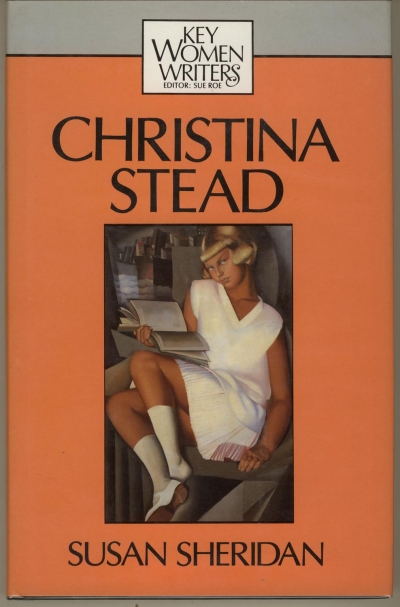At the dinner to celebrate the fiftieth anniversary of Quadrant magazine in October 2006, John Howard gave one of the most revealing speeches of his prime ministership. Celebrating with the magazine the victory of democracy over communism, he went on to denounce a whole range of left-wing sins. He attacked the New Left counterculture, where it had become the ‘height of intellectual sophistication to believe that people in the West were no less oppressed than people under the yoke of communist dictatorship’. Moreover, ‘it had become de rigueur in intellectual circles to regard Australian history as little more than a litany of sexism, racism and class warfare’. Fortunately, a ‘few brave individuals’ took a ‘stand against the orthodoxies of the day’; Howard congratulated Quadrant for defending both Geoffrey Blainey and Keith Windschuttle ‘against the posses of political correctness’. Nowhere were ‘the fangs of the left’ so visible as in the character assassination of Geoffrey Blainey. Despite some progress, the ‘soft left’ still ‘holds sway, even dominance, especially in Australia’s universities by virtue of its long march through the institutions’. Howard then likened the current struggle against Islamic terrorism to the Cold War, and criticised opponents of the war in Iraq ‘who now talk as if Iraq was some island of Islamic tranquillity before 2003’. Although there was some criticism of the speech in the media, the most notable aspect was the chorus of compliments that amplified its main themes. Greg Sheridan applauded the way the prime minister had ‘rightly bemoaned the continuing dominance of the soft Left’ (Australian, 7 October 2006). Michael Duffy thought it was ‘probably the most ideologically impressive [speech] ever made by the Prime Minister’ (Sydney Morning Herald, 7 October 2006). Piers Akerman approved the way ‘Howard is not going to let those who lacked his and Quadrant’s commitments to those ideals [i.e. intellectual freedom and liberal democracy] forget where they stood … To peals of laughter, he quoted George Orwell: “One has to belong to the intelligentsia to believe things like that: no ordinary man could be such a fool”’ (Daily Telegraph, 5 October 2006). Miranda Devine thought this address, recalling ‘50 years of the left’s worst excesses’, ‘was a speech to cement the “real” John Howard’s place in history and his role in the culture wars, through which he has steered Australia resolutely and irrevocably in his ten years in office, much to the chagrin of his detractors’ (Sydney Morning Herald, 5 October 2006). Janet Albrechtsen rejoiced that, ‘[o]nce again, Howard seems to be embracing an electorate willing to confront old orthodoxies. And the remarkable thing is that after 10 long years in power, Howard the conservative is still a front-foot reformer, challenging the status quo. As with his previous battles in the culture wars, education reform will demand a marked shift in the way Howard is ultimately judged by history: not as merely an economic steward but as a crusader in the ideas war’ (Australian, 25 October 2006).
...
(read more)


